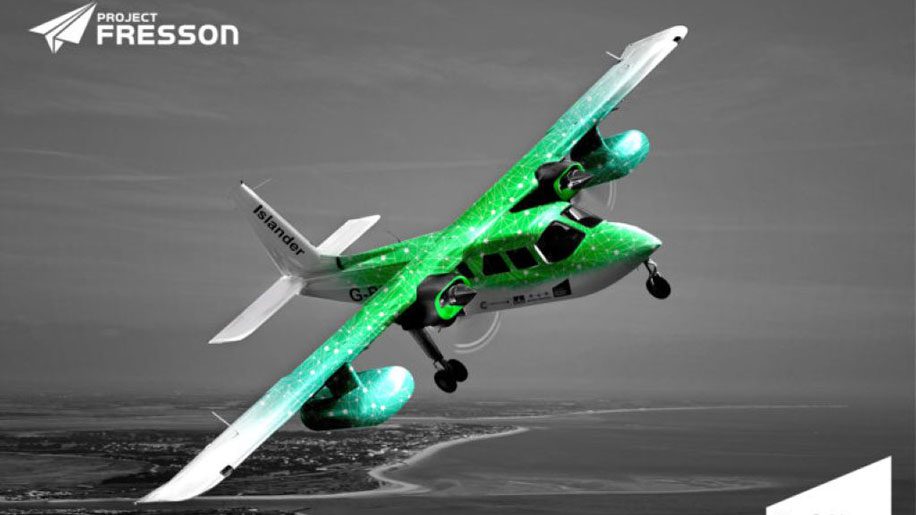
Easyjet has announced a partnership with Cranfield Aerospace Solutions (CAeS) to support the development of its hydrogen fuel cell propulsion system for commercial aircraft.
Cranfield Aerospace Solutions is developing its hydrogen fuel cell propulsion system for an existing 9-seat Britten-Norman Islander aircraft, which is planned to be flying by 2023. Hydrogen can be either combusted directly or used in a fuel cell to generate electricity. Per unit of mass, hydrogen delivers three times more energy than a conventional jet fuel like kerosene and a hundred times more than a lithium-ion battery. In addition, aircraft can be refuelled in a similar turnaround time as with conventional fuel. CAeS is now working with Easyjet to understand how the adoption of zero-carbon technologies could integrate with airline operations for future introduction of the technology.
Easyjet says it will provide an airline operator’s perspective on the development of hydrogen propulsion and internal expertise, to assist in the development of this technology for commercial aviation.
David Morgan, Director of Flight Operations, Easyjetet, said:
“We know that technology is a key driver to achieve our decarbonisation targets with hydrogen propulsion a frontrunner for short-haul airlines like easyJet. We are dedicated to working with industry leading partners to support the development of these promising new technologies and we look forward collaborating with Cranfield Aerospace Solutions to support bringing this technology to maturity as early as possible.”
Paul Hutton, Chief Executive Officer, CAeS, said:
“Our 9-seat hydrogen fuel cell powered B-N Islander development is a vital first step in our journey to design and manufacture larger, longer range, regional aircraft between 19 and 100 seats.”
Easyjet is also working with other partners including Airbus, Rolls-Royce and Wright Electric, to accelerate the development of zero-emission technologies and supporting infrastructure. The airline is optimistic that it could begin flying customers on planes powered by hydrogen-combustion, hydrogen-electric or a hybrid of both by the mid to late-2030s.
In November, the airline announced that it has joined Race to Zero, a global UN-backed campaign to achieve net-zero carbon emissions by 2050 at the latest.
In joining Race to Zero, the airline is committing to set an interim science-based target for 2035 as well as to reach net-zero carbon emissions by 2050, of which technology for zero-emissions flying will play an important part.
Since 2019 the airline has offset the carbon emissions from the fuel used for all its flights.
Beyond carbon, easyJet is focusing on reducing plastic – more than 36 million single-use plastic items were eliminated – as well as reducing waste within its wider operations and the supply chain. The airline recently introduced new crew uniforms made from recycled plastic bottles. With 45 bottles in each uniform this has the potential to prevent 2.7 million plastic bottles from ending up in landfill or in oceans over the next five years.












